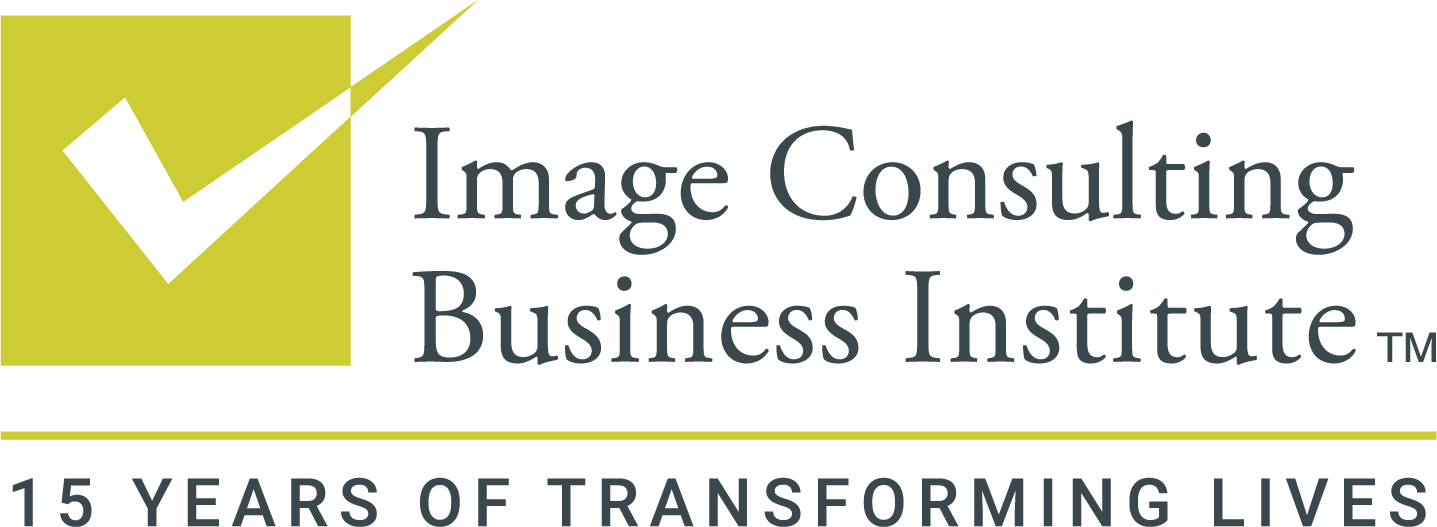We have always been taught to sharpen our IQs for a successful career in the future. While high intelligence comes in handy for success, it alone isn’t going to do good in today’s world. Clubbing IQ with high emotional intelligence is necessary to stand out from the crowd!
Understanding what is emotional intelligence — the ability to recognize your own and others’ emotions with the motive to understand their effects on your surroundings — is crucial. This understanding is important for guiding our feelings and thoughts to utilize them to facilitate our thinking and becoming successful professionally.
Why is Emotional Intelligence Important for Career Success?

In the 1995 published Daniel Goleman’s book “Emotional Intelligence: Why It Can Matter More Than IQ,” Goleman argued that emotional intelligence is a critical aspect behind the successful life of any individual. In fact, it can predict your success in life. He further continues that being emotionally competent is extremely important in the workplace and plays a major role in a person’s professional life.
Goleman suggested that while our traditional intelligence influences leadership success, it’s not enough, meaning professionally successful people don’t just have a high IQ, but rather they also possess great emotional intelligence. This turned heads quicker than expected. Everyone started paying attention to emotional intelligence in the workplace, from the normal working public to business leaders and human resource managers.
Further, several studies started to test whether this theory works or not and suggested that our emotional intelligence does, in fact, affect how well we can communicate with our colleagues. It also influences our ability to effectively manage stress or conflicts in the workplace. This is linked to how well we perform in our jobs, enhancing our job satisfaction. Some people suggest that a high emotional intelligence rate equates to better leadership abilities, interpersonal functioning and stress management. This is why every working professional should be aware of and master the five components of emotional intelligence.
What are the Five Components of Emotional Intelligence in the Workplace?

For years we have believed there is no space for emotions in the workplace. But in recent times, being emotionally competent has become a superpower. Today, our emotions and emotional experiences are considered a strength. Here are the five core competencies needed in the workplace:
Self-awareness
Self-awareness is all about recognising, understanding and being aware of one’s emotions, actions and mood. Knowing your strengths and weaknesses and acting with humility is also a major part of becoming self-aware. In a workplace, this is helpful because it helps you make the right choices.
In order to become self-aware, you should monitor your own emotions, recognise the different emotional reactions you have and then identify each emotion carefully.
Self-regulation
After being aware of your own emotions and reactions, an emotionally intelligent person should learn how to regulate and manage their emotions. Self-regulating emotions do not mean locking away your true feelings. It simply means being able to express emotions appropriately at the right place and time because too much or too little of anything is bad.
People with great self-regulation possess leadership qualities like adapting well to change, being flexible, and being good at managing a conflict and diffusing a tense situation. They are more thoughtful in influencing others and take responsibility for their own actions.
To become a more regulated person, practise the act of being calm. Take a break, step back and take deep breaths. Ensure you hold yourself accountable for the mistakes you make.
Empathy
Being an empath refers to holding the ability to keep yourself in someone else’s shoes. It helps you become aware, acknowledge and respond to others’ feelings and emotions, even if you disagree with them.
Possessing empathy is essential not just in your personal life but also in your professional life because you will interact with people from diverse backgrounds daily. And having the empathy to understand what they went through makes you a better person to talk to. So, pay attention to what you say to others and how you behave with everyone else – verbally and with your body language.
Social Skills
Another aspect of emotional intelligence that is important in the workplace is having the right social skills to interact with people and make meaningful relationships with them. This way, you develop a more robust understanding of yourself and the people around you.
Emotionally competent human beings not only know how to understand their own emotions and manage them, but they also have a strong understanding of how to put the information to work in their daily communication and interactions with others. In the workplace, you can benefit greatly from possessing social skills not just as a manager but also as an employee. You build relationships with your colleagues and effectively communicate your needs. This creates a healthy bridge of communication that can help burn misunderstandings and leave no room for miscommunication.
As a manager, you can benefit greatly from excellent social skills by building relationships with your employees. This opens a channel of communication, and your employees can build a strong rapport with you.
Motivation
A person with strong emotional intelligence tends to be more motivated in achieving their goals. This motivation usually comes from within and is not influenced by external factors like money, fame or recognition. Instead, it is fuelled by their passion for succeeding in life. They seek to achieve internal rewards as they pursue to gain immense expertise in their careers. Motivated individuals are action-oriented as they set goals, strive to improve themselves and are always looking for new ways to set high standards and improve on their journey.
To become a motivated individual in your profession, celebrate your tiny success, set realistic goals that provide more intrinsic motivation and avoid being too drawn to external rewards.
What Is the Importance of Emotional Intelligence at the Workplace?

Emotional intelligence is vital in every aspect of your life, especially at work because it helps you understand, perceive information, reason with people and manage emotions appropriately. This allows you to grow professionally, guide others and become successful.
Here are a few other reasons why emotional intelligence is necessary to thrive professionally:
Reduces Stress
Tight deadlines, miscommunications and heavy workload, everything and anything can add up to stress related to the job. But a study by the International Journal of Organisational Analysis concluded that emotionally intelligent people are less likely to encounter stressful situations in the workplace. They experience less stress and therefore, instead of derailing an entire project due to minor hiccups, these employees can project self-control and exhibit resiliency. It enables them to confront obstacles and overcome them confidently.
Promotes Positive Interactions
You will spend most of the time at your workplace interacting with co-workers, managers, stakeholders, supervisors and customers. This leaves room for emotions, which can sometimes be on a high. Here is where having great emotional intelligence can make a huge difference. An emotionally competent person has the potential to carry positive interactions with everyone and the ability to manage their feelings. This builds a healthy environment and eliminates toxic culture.
Builds Connections
Since one of the main components of emotional intelligence in social skills, is a person with high EI finds it easier to interact and build connections with everyone. They are more likely to understand others better and come out of an interaction with a positive attitude. And professionally, this benefits them as they will find networking easier.
Improves Efficiencies
The more empathetic you are, the better you understand other people’s emotions. It’s easier for you to make decisions if you are in a managerial position. If you are an employee, it can help you perform daily work tasks efficiently!
Helps in Motivating Others
Once you are aware of your own emotions and how to manage them effectively, you will find yourself in a position where you can motivate others. This can help your co-workers become more productive and become their best selves. Encouraging others is highly beneficial when looking for leadership roles where you will be in control of a team and responsible for managing and guiding them for a better future.
Encourages Flexibility
New technologies are being introduced every now and then. Even in the business landscape, these newly introduced technologies play a vital role in modernising business practices and restructuring them for further success. It becomes indispensable to adapt to these changes and people with high EI are said to adapt quickly without difficulties. A 2014 survey of call centre agents revealed that emotional intelligence positively predicts an employee’s career adaptability. Hence, becoming flexible to fluctuating situations and tasks results in high career satisfaction and professional success.
A Rising Need for Well-trained Soft Skills Trainers
Emotional intelligence is needed to drive the workforce in a positive direction, leading to increased productivity. It can strengthen the company’s culture and result in a successful organisation. And since a company’s growth is directly related to having more emotionally intelligent people, today, we can see a rising need for EI and other soft skills in the workplace.
If you are an HR professional, thinking about the organisation’s success is your utmost goal, and you can reach there by taking a Soft Skills Training course! Whether you want to become a soft skills trainer or are just aiming to develop the company by taking the course and internally teaching your employees, ICBI’s Soft Skills Training course can help you achieve your goals. Become a Certified Soft Skills Trainer!

